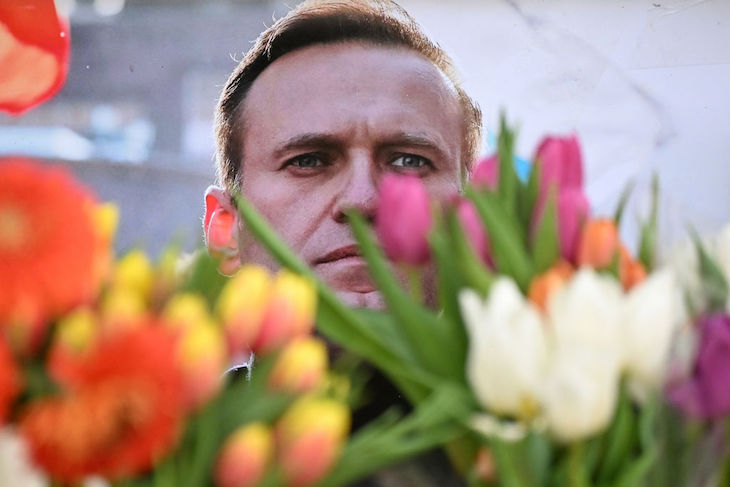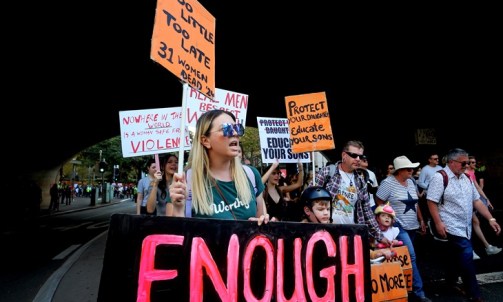The news about Alexei Navalny’s death came as a shock to anti-Putin Russians like myself – he’d been a central figure of opposition in Russia for more than 15 years. Yet in other ways, not a surprise at all – for three years he’d been in the claws of a regime with a long-established history of getting rid of its better-known opponents.
Already a subscriber? Log in
Subscribe for just $2 a week
Try a month of The Spectator Australia absolutely free and without commitment. Not only that but – if you choose to continue – you’ll pay just $2 a week for your first year.
- Unlimited access to spectator.com.au and app
- The weekly edition on the Spectator Australia app
- Spectator podcasts and newsletters
- Full access to spectator.co.uk
Or




















Comments
Don't miss out
Join the conversation with other Spectator Australia readers. Subscribe to leave a comment.
SUBSCRIBEAlready a subscriber? Log in